Vinegar and cactus...is this true?
nodakgal
14 years ago
Featured Answer
Sort by:Oldest
Comments (25)
moksha
14 years agotjicken
14 years agoRelated Professionals
Cottonwood Landscape Architects & Landscape Designers · East Patchogue Landscape Contractors · Fairhope Landscape Contractors · Richmond Landscape Contractors · San Rafael Landscape Contractors · Severna Park Landscape Contractors · Wailuku Landscape Contractors · Lakewood Park General Contractors · Newburgh General Contractors · Tabernacle General Contractors · Wolf Trap General Contractors · Norfolk Carpenters · York Decks, Patios & Outdoor Enclosures · Draper Decks, Patios & Outdoor Enclosures · Westford Decks, Patios & Outdoor Enclosuresnodakgal
14 years agotjicken
14 years agoDenise
14 years agotjicken
14 years agoTT, zone 5b MA
14 years agonorma_2006
14 years agohoovb zone 9 sunset 23
14 years agonorma_2006
14 years agotjicken
14 years agoxerophyte NYC
14 years agotjicken
14 years agobeachplant
14 years agonorma_2006
14 years agopaulzie32
14 years agotjicken
14 years agoDenise
14 years agofrankc
14 years agojoeplant
14 years agotjicken
14 years agojoeplant
14 years agopaulzie32
14 years agoxerophyte NYC
14 years ago
Related Stories

HOUSEPLANTSGreat Houseplant: Holiday-Blooming Cactus
You may know it as Christmas cactus, but whichever holiday floats your boat, this plant is a year-round beauty
Full Story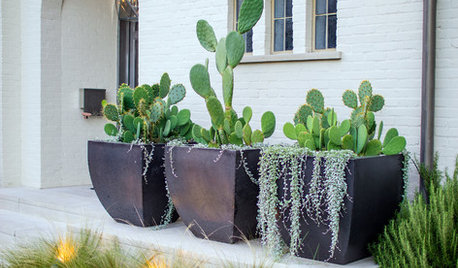
CONTAINER GARDENSCactus and Succulent Containers Are Ideal for Hot, Sunny Spots
Bring on the sun with these heat-loving succulent container gardens
Full Story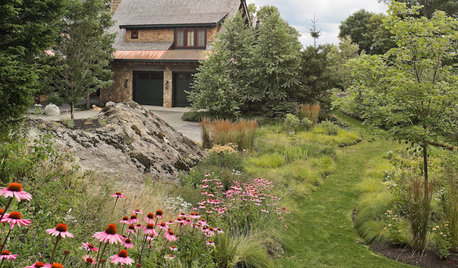
GARDENING GUIDES13 Risks to Take for True Garden Rewards
Go ahead, be a rebel. Breaking rules in the garden can lead to more happiness, creativity and connection with the earth
Full Story
GARDENING GUIDESMeet the Mighty Saguaro of the Desert Landscape
You’ve seen its form in films, on souvenirs and much more. Now get to know this iconic cactus of the Sonoran Desert
Full Story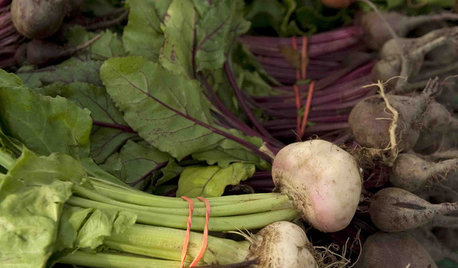
FARM YOUR YARDCool-Season Vegetables: How to Grow Beets
Give canned versions of this fall and spring garden favorite the heave-ho and discover its true flavor and colors
Full Story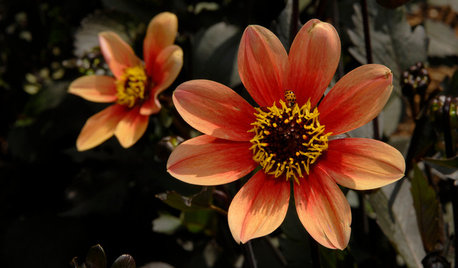
FLOWERSGreat Design Plant: Dahlias
Pick this flamboyant stunner for its amazing array of colors and faces, fast growth and sizes that can fill a pot or a whole garden
Full Story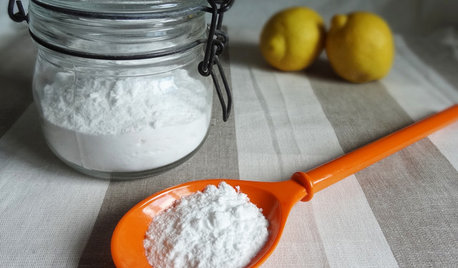
HOUSEKEEPINGBaking Soda: The Amazing All-Natural Cleanser You Already Own
Battle grime, banish odors and freshen clothes with this common nontoxic cupboard staple
Full Story
HOUSEKEEPINGThe Best Way to Get Your Windows Spotlessly Clean
Learn the pros’ tips and tricks for cleaning windows and getting them streak-free
Full Story
MOST POPULARHow to Get Rid of Those Pesky Summer Fruit Flies
Learn what fruit flies are, how to prevent them and how to get rid of them in your home
Full StorySponsored
Franklin County's Preferred Architectural Firm | Best of Houzz Winner
More Discussions






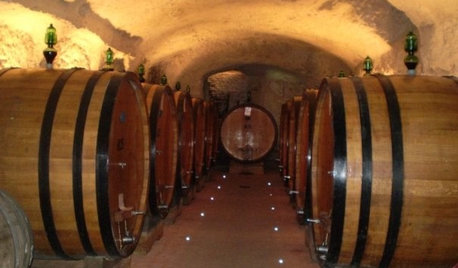




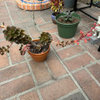
eduardo_tx